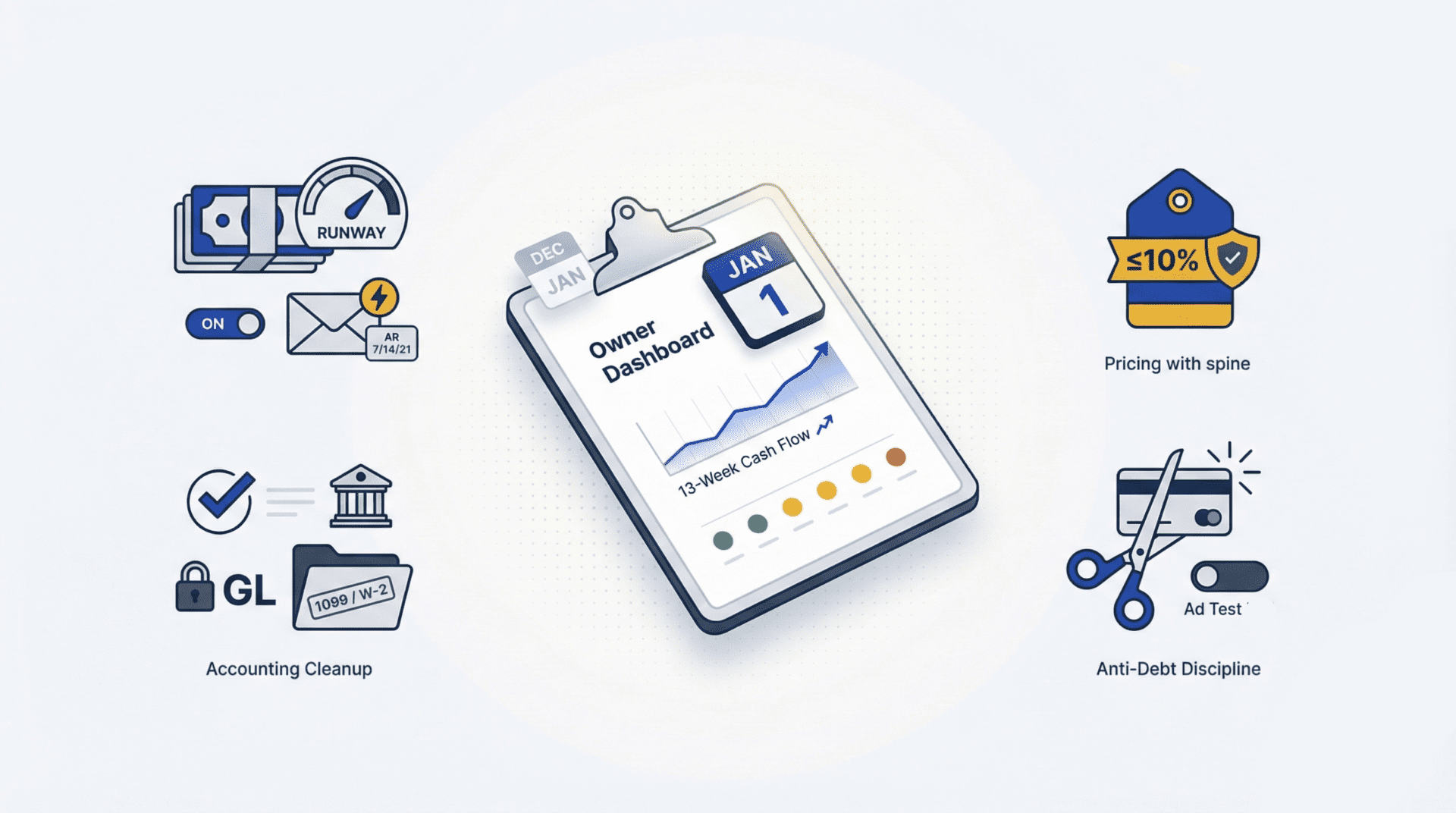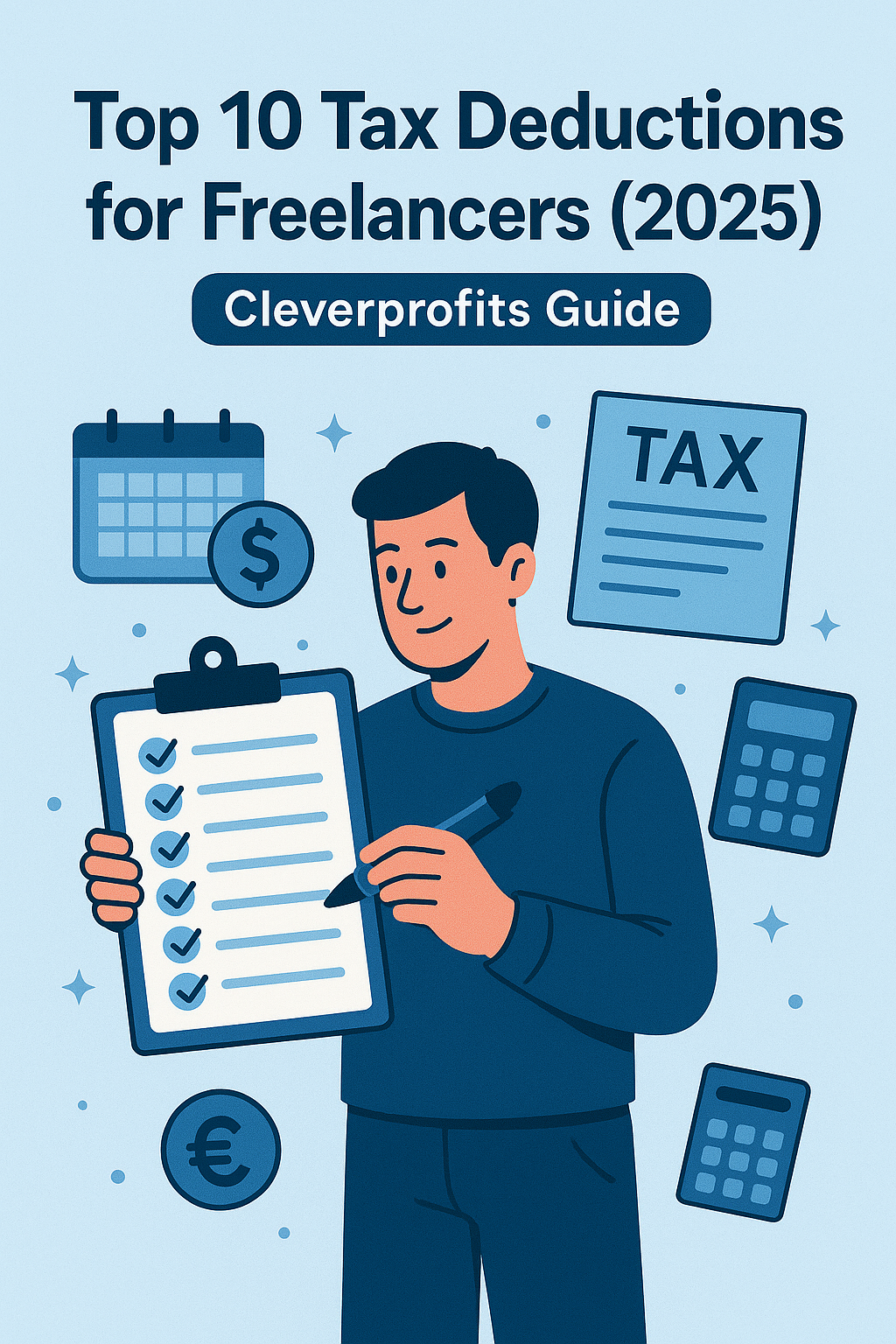
One of the most significant expenses a business owner will pay throughout their lifetime is taxes.
The reality is that 95% of business owners are overpaying the IRS every year without knowing it! When you compound overpaid taxes over decades, the difference could result in you retiring an entire decade earlier.
Despite the complexities of the US tax code, a good tax advisor will know all the nooks and crannies to save you on taxes. Good tax advisors are skilled at identifying different tax saving opportunities and tax loopholes to lawfully minimize your taxes.
One tax loophole we frequently see missed by our new clients is the Augusta Rule deduction for your primary residence.
Savvy tax advisors saw an opportunity to take advantage of the Augusta rule income exclusion. If you’re a business owner, dive in as we’ll illustrate how you can use the Augusta rule in your favor, including the conditions you need to meet, the documentation you need, and other requirements to ensure you satisfy the IRS.
What Is The “Augusta Rule” Deduction?
The Augusta Rule, better known to tax advisors as IRC Section 280A(g), is a neat strategy to claim additional tax benefits relating to renting your home to your business.
The story goes that every year, the Master’s Tournament in Augusta, GA draws visitors from all over the world. During a two week period, the residents of Augusta rent out their homes collecting a handsome sum of rental income. Generally taxpayers must report and pay taxes on all rental income which will lower their effective proceeds.
Enter: the Augusta Rule. It allows homeowners to rent out their primary residence for no more than 14 days per calendar year without reporting the rental income on their individual tax returns. Usually, this rental income would be taxable, but you can exclude this income from your tax return with the Augusta rule.
If you rent your primary residence to your business, then your business can claim a deduction, and you get to exclude the income resulting in a one-sided tax benefit.
However, there are specific conditions you need to meet. It must be for an actual business purpose, and your home must not be your primary place of business. If you end up renting out your primary residence to a third party for more than 14 days in a calendar, you must report all of your rental income and the Augusta rule will not apply.
The “Augusta Rule” is one of many deductions we use to help our clients. If you haven’t made use of this already, then read on for how you can best take advantage of this exclusion and make sure you meet all the IRS requirements.
BONUS: Ensure you maximize your deductions every year for your primary residence with our FREE Augusta Rule Invoice Template
Three Legitimate Business Reasons to Rent Your Home
You must have a legitimate business purpose to claim a deduction for your home under the Augusta rule. If you’re an online business owner, we have some creative, yet LEGITIMATE ways you can use the “Augusta Rule” to your advantage and minimize your taxes.
Using the “Augusta Rule” for Production Space
Whether you’re a Podcaster, YouTuber, coach, or curator, most online businesses today require video as part of their tools and marketing strategies. Video production requires full use of your space with a camera. This is a great example of how you can have your business pay you for your space and take a deduction for it.
Using the “Augusta Rule” for Hosting Masterminds
In the online coaching space, mastermind groups are critical for business success. Hosting a mastermind event at your home, and making use of your entire space to facilitate your mastermind meeting, is an effective strategy to employ the “Augusta Rule.”
There are many benefits here, as it not only saves you the time and effort of finding an off-site vendor, but you can pay yourself out of your business funds instead. Then your business can take a deduction for it. Furthermore, you don’t have to include the income as long as it’s less than 15 days in a year.
Using the “Augusta Rule” for Shareholder or Employee Meetings
The last case is a little less common for our clients because most clients own their business outright. However, suppose you have shareholders in your business (this could be your spouse, for example). In that case, you could invite your shareholders over and use your home to host your board meetings and have your business pay you for it and take a deduction.
How to Meet the Requirements For the “Augusta Rule”
To employ the “Augusta Rule” legitimately, first ensure that you have a lawful business purpose of claiming the deduction at the business level and that it is under 15 days in the tax year. Apart from these two requirements, there are several other conditions to successfully claim this deduction with the IRS.
Evidence of a legitimate business transaction
You will need to show a transaction between one party and another, which in this case is between your business to yourself. This transaction would require a company operating as its own tax entity, which means you need either an S-corporation, a partnership, or a C-corporation.
You cannot do this with a disregarded entity, such as a single-member LLC treated as a sole-proprietorship. Check out this article on LLC taxation if you need more help understanding how it works.
We wrote a complete guide on how to set up your S-corp. Check it out!
Determine a fair value for the daily rental
The rental fee must be consistent with local rental prices in your area for your space for that day, during that period.
A good tip is to search on Airbnb or any other third-party provider to see what an equivalent unit for your space would cover for the day. If the IRS audited you, this paperwork supports your price and provides evidence backing your claim.
Create an official invoice.
You will need to create an invoice issued from your name to your business that shows the date, the description, and the rental fee of the space. A business cannot claim a deduction unless there’s a cash outflow with support for it.
Cash basis accounting recognizes income when revenue is received and deductions when expenses are paid. On a day-to-day basis, every business must accurately record all its financial transactions in a ledger which is known as bookkeeping. Proper invoicing will ensure that records of the individual financial transactions are accurate and comprehensive. This process is essential to successfully claim tax deductions.
Do you need a simple invoice template for the Augusta rule? We’ve created one for you here!
File a 1099-MISC for the rental income
This sounds complicated, but it’s pretty straightforward.
Make sure to file a 1099-MISC for the rental income at the business level. This is a mandatory reporting obligation that the IRS requires to make sure you are reporting your rental income. The income will be excluded from Schedule E of your Form 1040 personal income tax return.
The IRS 1099-MISC form is used to report different types of miscellaneous compensation (such as rents, prizes and awards, healthcare payments, and payments to an attorney).
Connect With a Tax Advisor
You now know the basics of the Augusta Rule and how you can apply it in your favor. Sign up for our 2021 tax savings checklist for other year-end tax savings tips.
If you want to make sure you’re saving as much tax as possible every year, schedule a free consultation to see how we can help.
The Clever Writing Team
The CleverProfits writing team includes various team members in Advisory, Financial Strategy, Tax, and Leadership. Our goal is to provide relevant and easy-to-understand financial content to help founders and business leaders reach their true potential.





